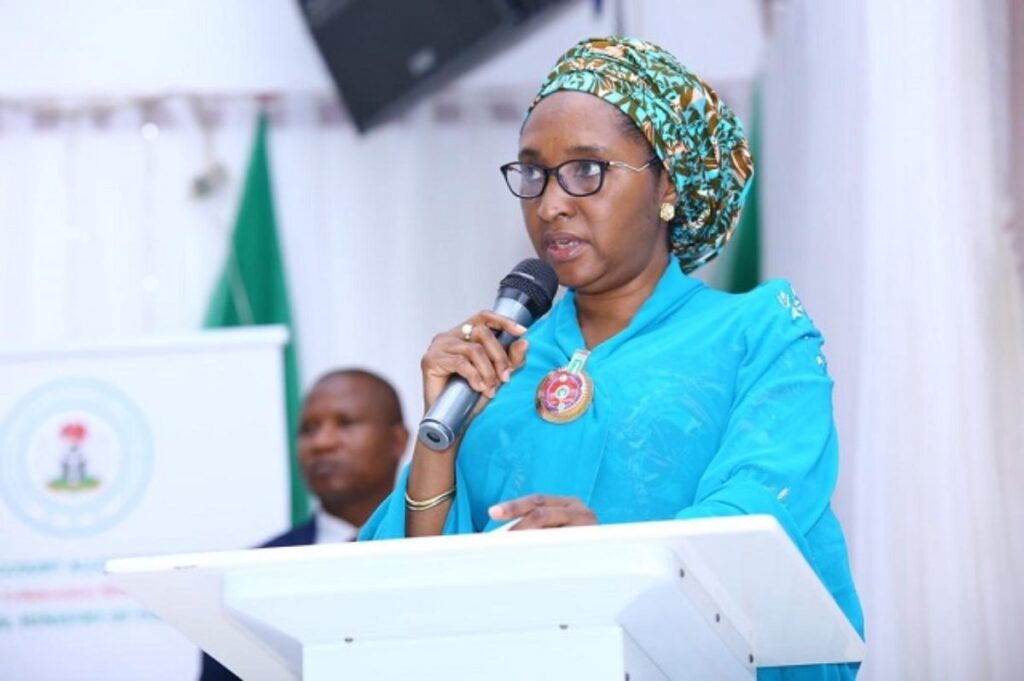The Nigerian Government is planning to reduce the work force of 438 Federal Ministries, Departments and Agencies to cut cost of governance.
Consequently, the jobs of staffers in the MDAs are on the line as the Nigerian Government is planning to downsize the civil service.
Minister of Finance, Budget and National Planning, Mrs Zainab Ahmed, explained that the downsizing is aimed at cutting the cost of the government’s recurrent expenditure yearly.
Ahmed stated that the Federal Government is working on an exit package for workers that would be affected.
In a statement, the minister said the government has set up a committee to review the collapse of agencies, using the Stephen Oronsaye report.
Read also:
- FG jacks prices of electricity pre-meters
- COVID-19 Threatens Crossover Services as FG Limits Gatherings to 50%
- FG to enforce ‘no-work, no-pay rule’ For Striking doctors, Health workers
According to Ahmed, the committee would be led by the Secretary to the Government of the Federation, SGF, Boss Mustapha.
“There is a special committee led by the Secretary to the Government of the Federation (SGF) that is working on the review of agencies with the view to collapsing them partly using the Oronsaye report,” she said.
“At the end of it what we want to do is to reduce the size of government and also to reduce the size of personnel cost and part of it will be designing the exit packages that are realistic.”
She further explained that the planned collapse of agencies is because “we are revenue-challenged.”
Steve Oronsaye Committee
In 2011, the then President Goodluck Jonathan set up the Presidential Committee on Restructuring and Rationalisation of Federal Government Parastatals, Commissions and Agencies, under the Chairmanship of Mr. Steve Oronsaye.
The Oronsaye Committee turned in an 800-page report to President Jonathan after eight weeks of its assignment.
It had far-reaching recommendations on MDAs that should be scraped, those to be merged and those to become self-funding, thereby freeing funds for the much-needed capital projects across the country.
Another key recommendation of the committee was to discontinue government funding of professional bodies and councils.
Consequently, there is need to amend the Professional Bodies (Special Provisions) Act, 1972 which mandates government to provide financial support of various kinds to such bodies.

